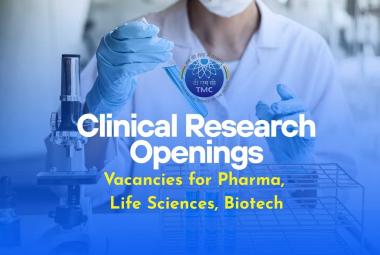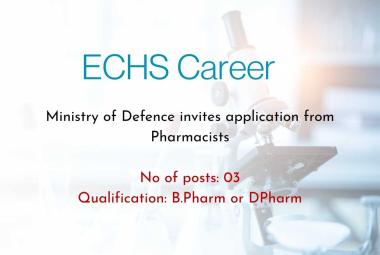The U.S. Food and Drug Administration approved Baqsimi nasal powder, the first glucagon therapy approved for the emergency treatment of severe hypoglycemia that can be administered without an injection.
Severe hypoglycemia occurs when a patient’s blood sugar levels fall to a level where he or she becomes confused or unconscious or suffers from other symptoms that require assistance from another person to treat. Typically, severe hypoglycemia occurs in people with diabetes who are using insulin treatment. Baqsimi is approved to treat severe hypoglycemia in patients with diabetes ages four and older.
Baqsimi, which is a powder administered into the nose, will come in a single-use dispenser that can be given to someone suffering from a severe hypoglycemic episode. Baqsimi increases blood sugar levels in the body by stimulating the liver to release stored glucose into the bloodstream. It has the opposite effect of insulin, which lowers blood sugar levels.
Injectable glucagon has been approved for use in the U.S. for several decades.The efficacy and safety of Baqsimi nasal powder glucagon to treat severe hypoglycemia was evaluated in two studies of 83 and 70 adults with diabetes, comparing a single dose of Baqsimi to a single dose of glucagon injection in causing a blood sugar response to insulin-induced hypoglycemia. Baqsimi adequately increased blood sugar levels. In a pediatric study of 48 patients over the age of four with type 1 diabetes, similar results were observed.
Baqsimi should not be taken by patients with pheochromocytoma, a rare tumor of adrenal gland tissue, or by patients who have insulinoma, a tumor of the pancreas. Baqsimi should not be taken by patients with a known hypersensitivity to glucagon or the inactive ingredients found in Baqsimi, as allergic reactions may occur. Baqsimi also carries a warning that it should be used with caution by those who have been fasting for long periods, have adrenal insufficiency or have chronic hypoglycemia because these conditions result in low levels of releasable glucose in the liver. The most common adverse reactions associated with Baqsimi are nausea, vomiting, headache, upper respiratory tract irritation, watery eyes, redness of eyes and itchiness. Side effects of Baqsimi are similar to injectable glucagon, with the addition of nasal and eye-related symptoms, such as watery eyes and nasal congestion, because of the way the drug is administered.













